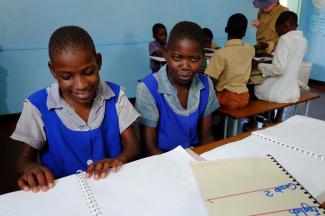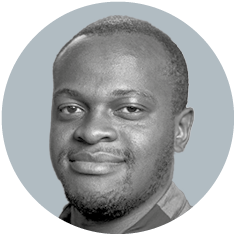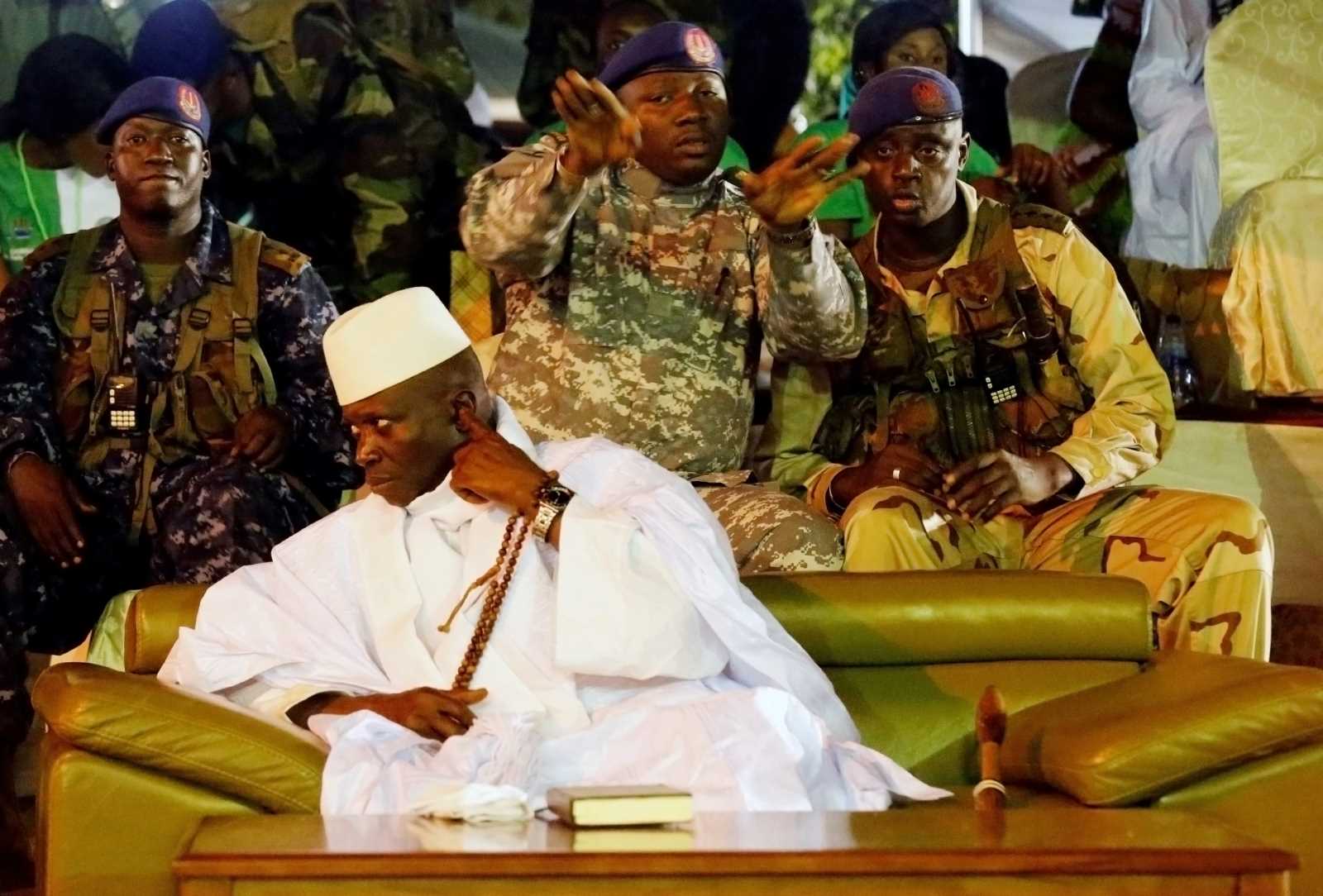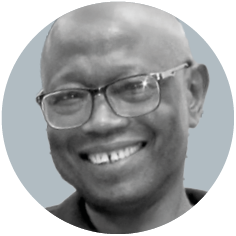Editorial
Equal rights for all

Equal rights should be self-evident. They are spelled out in various international agreements and declarations. Unfortunately, reality is different. All too often, people who have certain characteristics or belong to certain communities suffer discrimination. In many places, the persons concerned are excluded from public and social life.
Discrimination is a global phenomenon. It is evident in rich Europe and North America. Refugees drown along the EU’s maritime borders attempting to reach the continent they are not allowed to enter legally. In Germany, children from immigrants' families do worse in school on average than others – and worse than in most other rich nations. Many French suburbs have become the homes of marginalised migrant communities. In the USA, the police have a tendency to kill black citizens, and the share of black men in prisons is disproportionately high.
Nonetheless, things are not the same everywhere. In democracies, the chances to fight discrimination and enforce minority rights are better than in countries with dysfunctional governance. A broad protest movement is rising up against police violence in the USA, whereas civil-rights activists who promote minority rights in Russia seem to be quite isolated. A black president would still be unthinkable in the USA had black people not struggled for their rights since the 1960s.
Yes, it is true that black people still face many obstacles in the USA – but some manage to rise to the top. France similarly has political leaders whose roots are in North Africa or south of the Sahara. In many developing countries and emerging markets, however, the members of disadvantaged communities have no lobby and no opportunities for taking part in society.
It adds to the problem that many people face multiple discrimination. Women who belong to ethnic minorities, for instance, are not only marginalised by society in general, they are often also victimised by their husbands and families. All smallholder farmers are vulnerable, but if they belong to an indigenous community or a religious minority, they are especially at risk of being chased from their land to make space for large plantations or infrastructure projects.
Rule of law and awareness of rights are issues development agencies can tackle. International partners must contribute to giving a voice to the marginalised. Disadvantaged communities must know their rights and be enabled to mobilise the courts and government agencies to protect them.
Awareness for the rights of disadvantaged people must take root in every society. It makes sense to demand equal rights and social inclusion internationally, but the nation state is where rights are enforced.
Sabine Balk is a member of the editorial team of D+C/E+Z.
euz.editor@fs-medien.de











